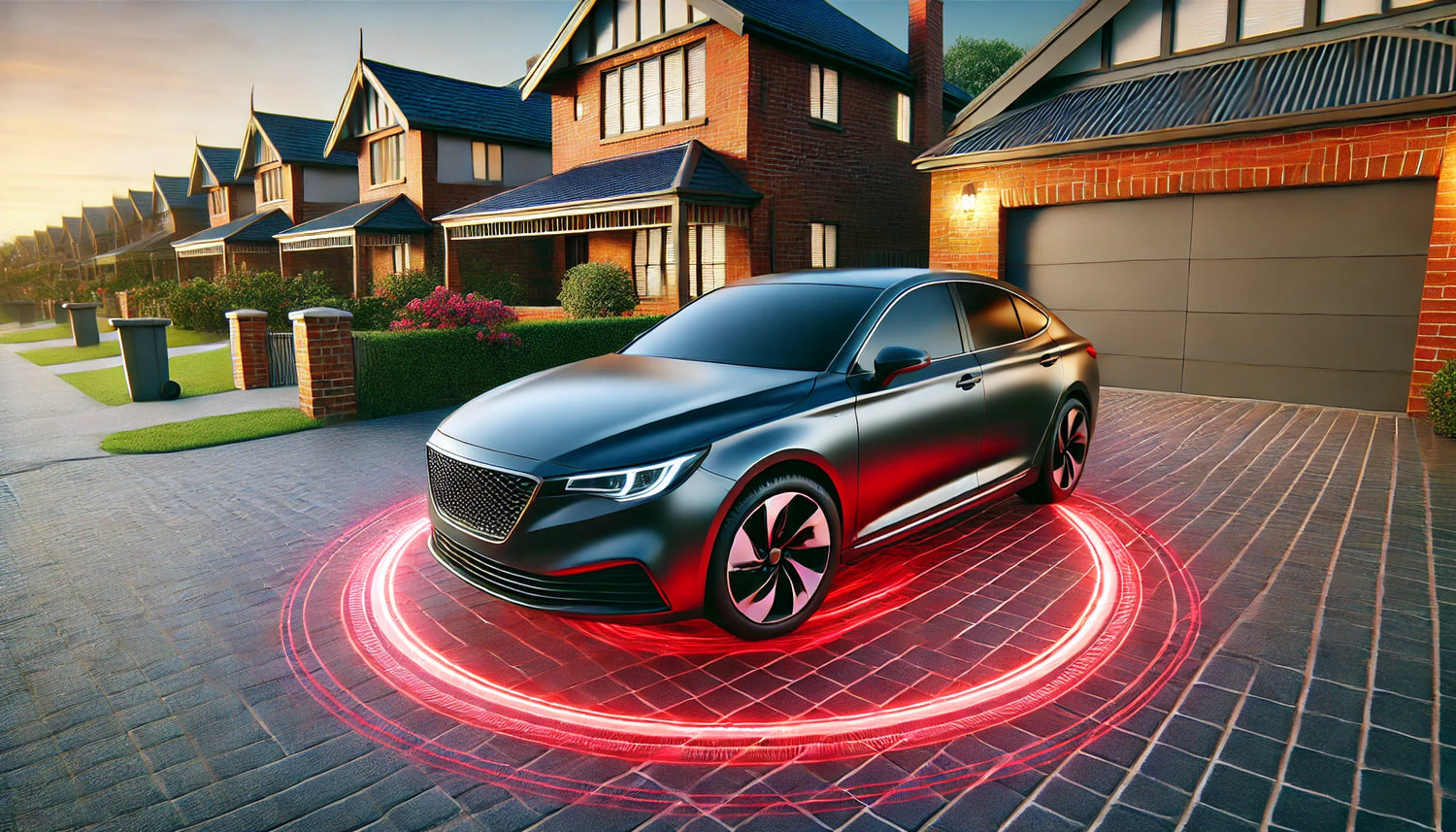Car theft remains a significant concern for vehicle owners, with opportunistic thieves finding ways to bypass older security systems. In the fight against theft, car alarms, dash cams, and immobilisers are three prominent solutions. While each serves a distinct purpose, combining them creates a robust, multi-layered defence for your vehicle.
Here’s a comparison of these technologies and why immobilisers are a must-have in your anti-theft strategy.
Car Alarms: The First Line of Defence
Car alarms have been a staple in vehicle security for decades. They work by triggering a loud siren when suspicious activity is detected, such as forced entry or tampering.
Pros:
- Acts as a deterrent by drawing attention.
- Can include advanced features like motion sensors or tilt detection.
Cons:
- Often ignored as false alarms are common.
- Provides no physical barrier to theft.
Ideal Use: A car alarm is a good way to alert nearby individuals of an attempted theft, but it doesn’t stop thieves from taking your vehicle if they bypass it.
Dash Cams: Monitoring and Evidence Collection
Dash cams are primarily known for recording road activity, but they can also be a useful security tool. Many modern dash cams come equipped with parking mode, which records when motion is detected around your car.
Pros:
- Captures evidence of theft or vandalism.
- Acts as a visual deterrent when visible.
- Useful for insurance claims and identifying perpetrators.
Cons:
- Doesn’t prevent theft.
- Can be disabled or removed if thieves gain access to the vehicle.
Ideal Use: Dash cams excel at recording incidents, making them invaluable for post-theft investigations or vandalism claims. However, they’re not designed to stop theft in progress.
Immobilisers: Stopping Thieves in Their Tracks
Immobilisers are systems that prevent the engine from starting without dual factor authentication. Unlike alarms and dash cams, immobilisers physically stop the car from being driven away.
Pros:
- Prevents unauthorised use by disabling the vehicle.
- Effective against high-tech car thieves using relay attacks.
- Invisible deterrent, unlike alarms and dash cams.
Cons:
- Doesn’t alert owners during an attempted theft.
Ideal Use: Immobilisers are the cornerstone of vehicle security. By making the car inoperable, they ensure that thieves cannot drive it away, even if they manage to break in.
Why an Immobiliser is Essential
While car alarms and dash cams are important components of a vehicle’s security system, they are reactive by nature. Immobilisers, on the other hand, are proactive, preventing theft before it can occur.
A modern immobiliser can protect against advanced methods like relay attacks, where thieves intercept your key’s signal to unlock the car and start the engine. This makes immobilisers especially crucial for newer vehicles with keyless entry systems.
The Power of a Trio Defence System
For the ultimate protection, a combination of all three systems is recommended:
- Car alarms draw attention during an attempted theft.
- Dash cams record evidence to aid investigations.
- Immobilisers prevent the vehicle from being stolen.
This trio works together to deter thieves, capture critical evidence, and ensure your car stays where it belongs.
Conclusion
When it comes to vehicle security, immobilisers stand out as the most effective solution for preventing theft. While alarms and dash cams provide additional layers of protection, their greatest strength lies in complementing an immobiliser. By investing in this trio of defence, you can protect your vehicle from even the most determined thieves and enjoy peace of mind wherever you park.





Leave a comment
This site is protected by hCaptcha and the hCaptcha Privacy Policy and Terms of Service apply.